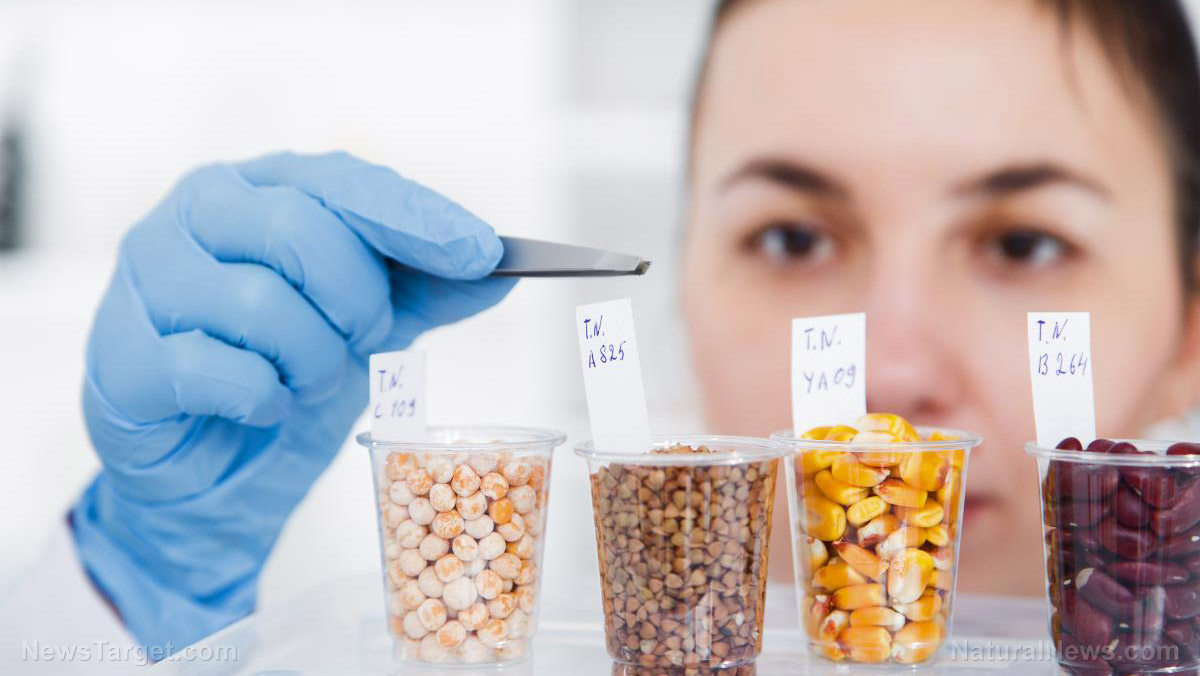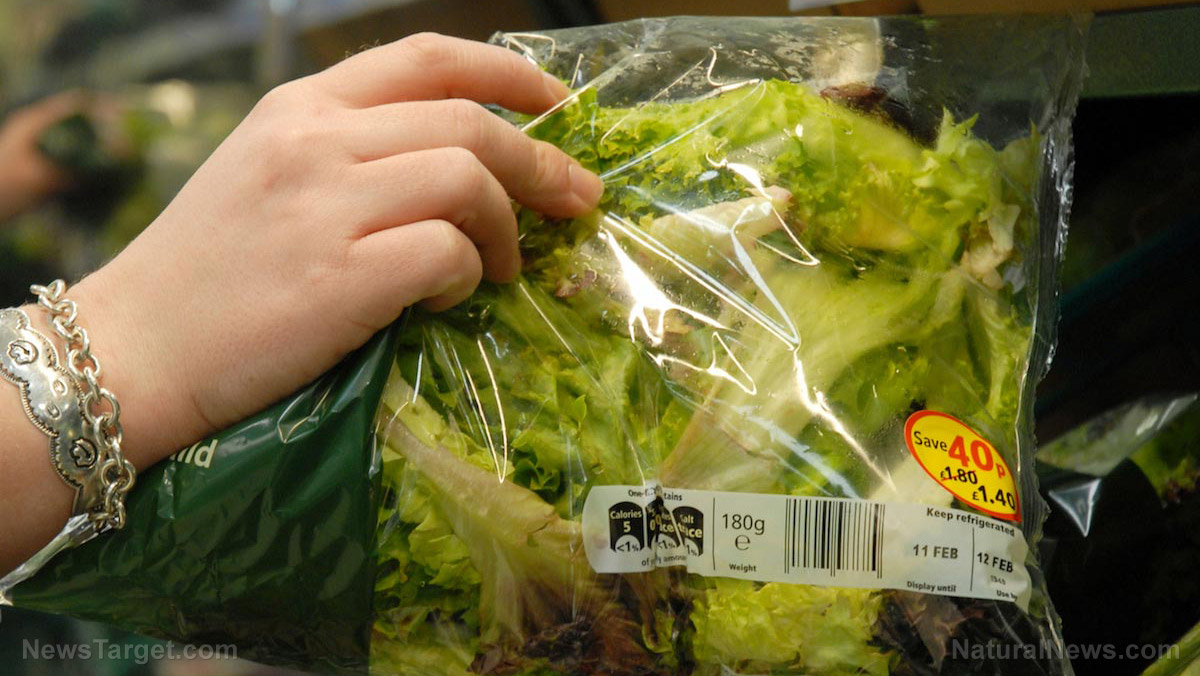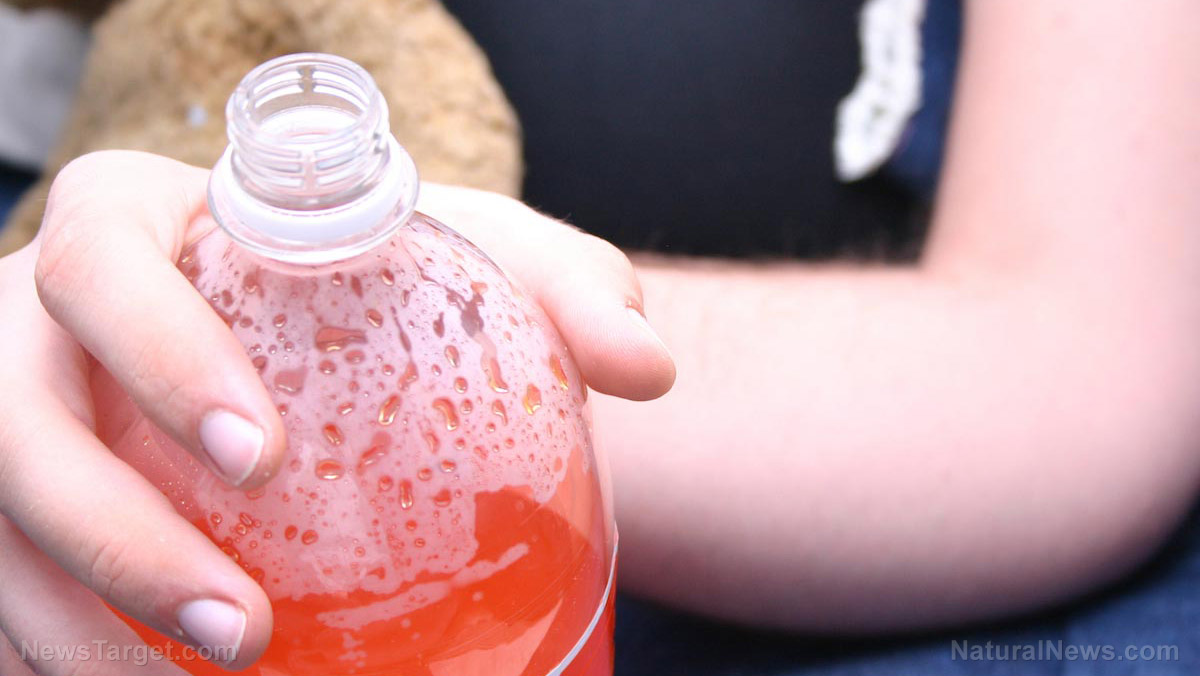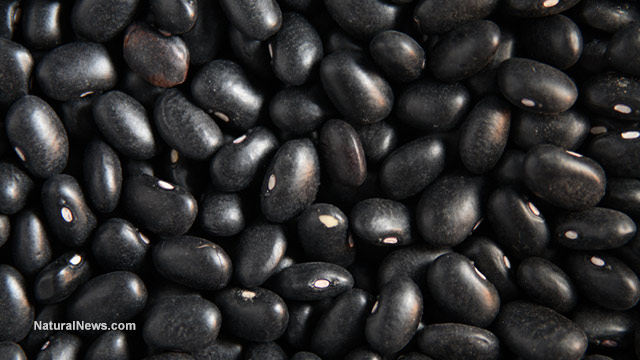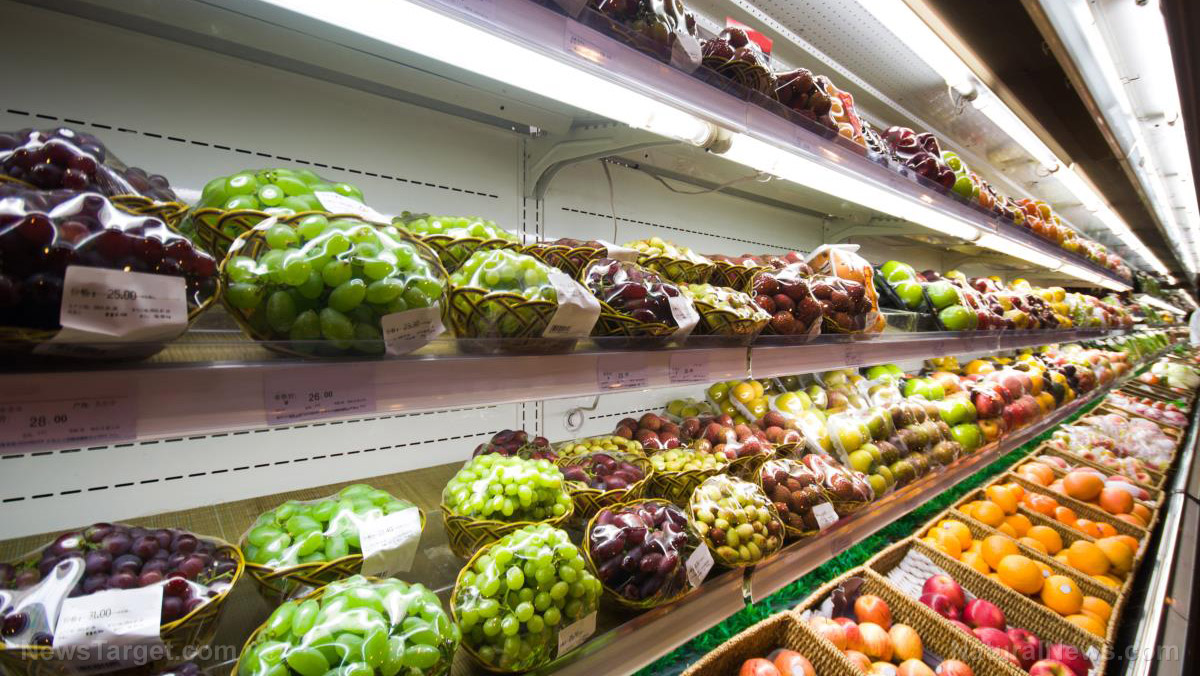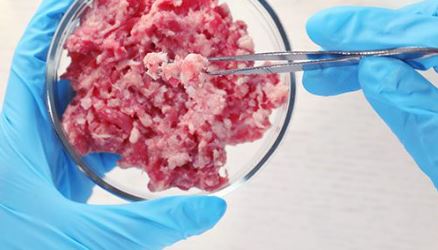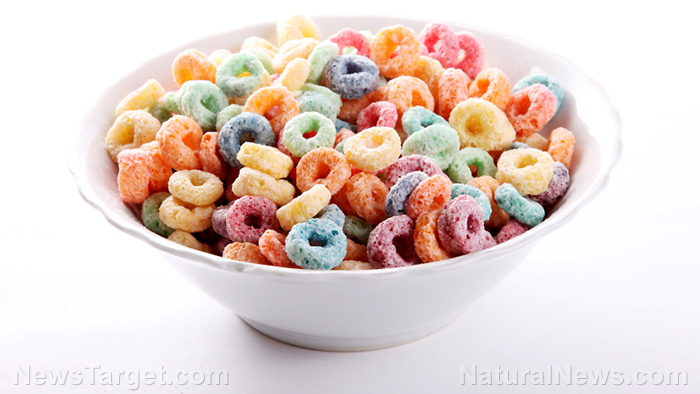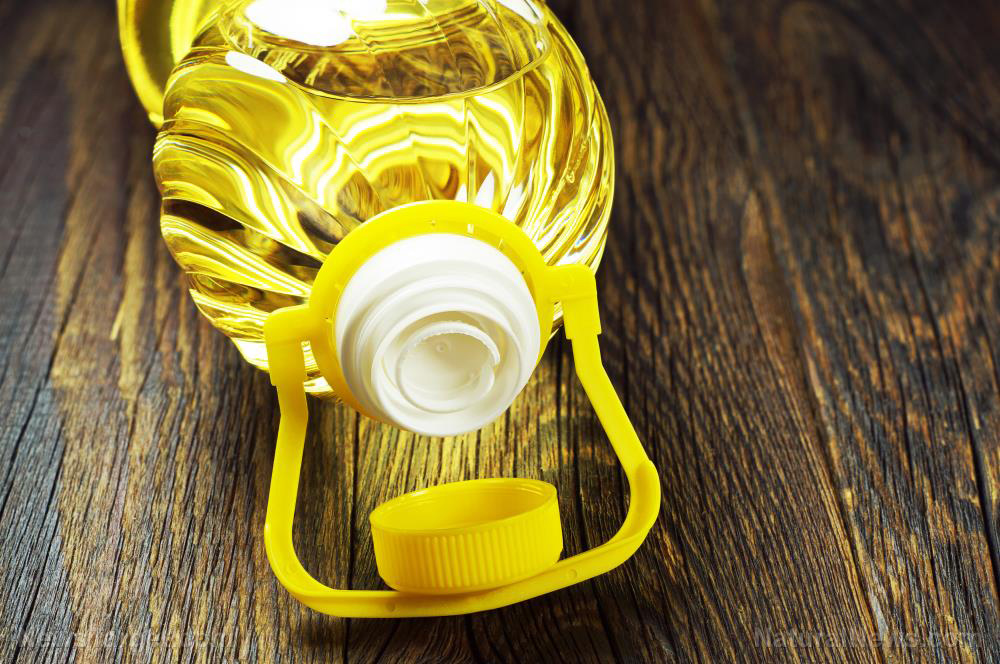Eight brands of butter wrappers found to contain high levels of “forever chemicals” – is your favorite brand on the list?
07/17/2023 / By Ethan Huff

Mamavation in partnership with Environmental Health News (EHN) sponsored a study that shows 50 percent of 32 butter wrappers from 22 popular brands tested by the U.S. Environmental Protection Agency (EPA) are loaded with fluorine, a PFAS (per- and polyfluoroalkyl substances) chemical known to damage human health.
According to an EPA-certified lab, total levels of fluorine in 16 of the butter wrappers ranged from 11 parts per million (ppm) to 112 ppm. Fluorine, by the way, is linked to everything from cancer to birth defects.
Pete Myers, chief scientist at Environmental Health Sciences, the group that publishes EHN, reviewed the findings before publishing to ensure their legitimacy. EHN and Mamavation then added them to a growing library of consumer products that have been tested for PFAS, including products like pasta and tomato sauces, contact lenses, sports bras, tampons, dental floss, and electrolytes.
It has been known for quite some time that PFAS pollution is a major problem in drinking water, but few people realize that these forever chemicals are also lurking in food, food packaging, and even clothing. You can learn more about the findings of other PFAS research compiled by EHN and Mamavation in the “PFAS on our shelves and in our bodies” report.
(Related: The toxic biosludge that farmers dump on their crops is also loaded with PFAS and other forever chemicals.)
Kerrygold wrappers are contaminated with fluorine but 365 Whole Foods and Trader Joe’s are both safe
Of the 32 butter wrappers from 22 brands sent in by Mamavation for testing, half of the wrappers from eight of the brands showed indications of PFAS. Several of these products were tested more than once with varying results.
The brands that showed detectable levels of fluorine include:
• HEB Organic
• Kate’s
• Kerrygold
• Kirkland
• Maple Hill Organic
• Miyokos
• Organic Valley
• Wegmans
The brands that showed no detectable levels of fluorine include:
• 365 Whole Foods
• Clover Sonoma
• Horizon Organic
• Nature’s Promise
• Straus Family
• Trader Joe’s
“It’s disappointing to see indications of PFAS in butter wrappers,” said Linda S. Birnbaum, scientist emeritus and former director of the National Institute of Environmental Health Sciences and National Toxicology Program, and a scholar at Duke University.
“In order to protect the public, PFAS should not be present in food packaging like butter wrappers. This is an important issue to tackle in the future in order to protect pregnant women and children from the potential pitfalls of PFAS. I highly recommend the industry fix this problem as soon as possible.”
PFAS has also been identified in food packaging such as pizza boxes, sandwich wrappers, French fry containers, and popcorn bags. Wrappers and containers that bear water- and oil-proof qualities are often contaminated with PFAS.
“The U.S. Food and Drug Administration (FDA) has known for decades that PFAS compounds in food wraps can migrate into our food,” added Terrence Collins, Teresa Heinz professor of green chemistry and director of the Institute for Green Sciences at Carnegie Mellon University.
A 2019 study found that people who routinely eat takeout, fast food, and pizza typically have much higher levels of PFAS in their bodies than people who regularly cook at home using clean ingredients and safe containers.
“Those eight out of 22 butter brands still using PFAS found by Mamavation in their wraps should come to terms with the serious PFAS health threats,” Collins added. “And get rid of PFAS compounds altogether in every aspect of their business.”
Mamavation and EHN plan to continue investigating consumer products in search of PFAS so they can warn the public about which products and brands to avoid. You can keep up with the latest revelations at the Mamavation product investigations landing page.
The latest news about the hidden chemical onslaught in America’s food supply can be found at ChemicalViolence.com.
Sources for this article include:
Submit a correction >>
Tagged Under:
butter, chemicals, disease causes, food science, forever chemicals, HEB Organic, Kate's, kerrygold, Kirkland, Mamavation, Maple Hill Organics, Miyokos, Organic Valley, PFAS, poisons, real investigations, scientific, toxins, Wegmans
This article may contain statements that reflect the opinion of the author
RECENT NEWS & ARTICLES
COPYRIGHT © 2017 TOP 10 GROCERY SECRETS

